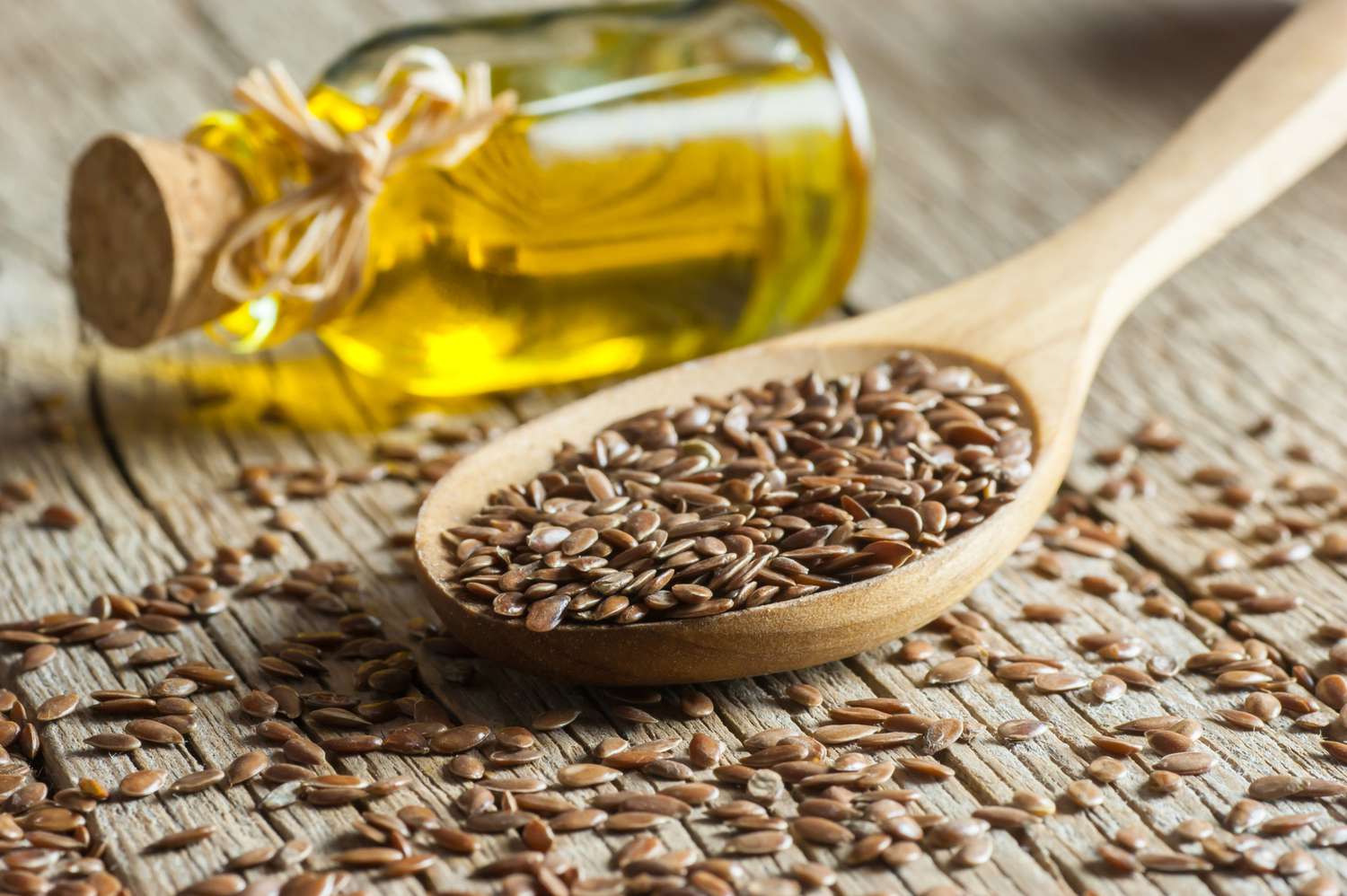Overview
Within the constantly changing field of nutrition and wellness, some superfoods are particularly notable for their exceptional health advantages. Of these, flaxseeds have attracted a lot of interest due to their high nutritional content and possible health benefits. Originating from the flax plant (Linum usitatissimum), these small seeds are a powerhouse of vital nutrients that have been consumed for generations and are now regaining popularity. We explore the many advantages of flaxseeds in this post, from their remarkable nutritional profile to their possible propensity to avoid chronic illnesses.
Flaxseed Nutritional Profile
Rich in a variety of vital minerals that support general health, flaxseeds are a nutritional treasure trove. Let’s examine the key in more detail.
Omega-3 Fatty Acids:
Flaxseeds are well known for having a high concentration of alpha-linolenic acid (ALA), an omega-3 fatty acid. The heart, brain, and body’s ability to reduce inflammation all depend on omega-3 fatty acids.
Fiber:
Both soluble and insoluble fiber can be found in abundance in these little seeds. In addition to helping with digestion and blood sugar regulation, fiber also increases feelings of fullness. Consuming flaxseeds can help you have better intestinal health.
Protein:
As a plant-based source of protein, flaxseeds are a great addition for vegans and vegetarians. Immune system performance, muscle repair, and general cellular health all depend on protein.
Lignans:
The highest known concentration of lignans, a kind of phytoestrogen with antioxidant qualities, is found in flaxseeds. Hormonal balance and possible anticancer effects are just two of the health benefits linked to lignans.
Minerals and vitamins
Flaxseeds are rich in magnesium, phosphorus, manganese, vitamin B1, B6, folate, and other minerals. These micronutrients are essential for bone health, immune system function, and energy metabolism.
Advantages of Flaxseeds for Health
Heart Health:
By lowering blood pressure and reducing inflammation, the omega-3 fatty acids in flaxseeds support cardiovascular health. According to studies, eating more flaxseeds may help reduce levels of LDL (low-density lipoprotein), the “bad” cholesterol linked to heart disease.
Digestive Health:
Flaxseeds’ high fiber content promotes regular digestion and guards against constipation. Furthermore, flaxseeds’ mucilage content soothes the digestive system by forming a gel-like substance when combined with water.
Weight management:
Flaxseeds’ protein and fiber content can help in weight management. The fiber helps you feel fuller and consume less calories overall, and the protein helps you build and maintain muscle mass.
Blood Sugar Stabilization:
Flaxseeds might help keep blood sugar levels steady. Because soluble fiber in flaxseeds slows down the breakdown and absorption of carbohydrates, blood sugar and insulin levels don’t surge too quickly.
Anti-Inflammatory Properties:
Arthritis and heart disease are two conditions linked to chronic inflammation. Flaxseeds include lignans and omega-3 fatty acids, which have anti-inflammatory properties and may lower the risk of inflammatory diseases.
Cancer Prevention:
Because lignans have antioxidant qualities, researchers have looked into how they can help prevent cancer. The lignan component in flaxseeds, in particular, may offer some protection against cancers like prostate and breast cancer.
Brain Health:
The health and cognitive function of the brain depend on omega-3 fatty acids. By lowering the risk of age-related cognitive decline, consuming flaxseeds in the diet may support cognitive performance.
Including Flaxseeds in Your Nutrition
Having realized the numerous advantages of flaxseeds, the next thing to do is include them in our regular diet. Here are a few inventive and simple methods to take use of flaxseeds’ nutritional advantages:
Smoothies:
To increase the amount of fiber, protein, and omega-3 fatty acids in your morning smoothie, adds a tablespoon of ground flaxseeds.
Yogurt or porridge Toppings:
To improve texture and add a healthy boost, sprinkle ground flaxseeds over your yogurt or porridge.
Baking:
For a wholesome twist, add ground flaxseeds to your baking recipes. You may incorporate them into homemade energy bars, pancakes, or muffins.
Salad Toppings:
Sprinkle toasted flaxseeds on top of your salads to boost their nutritious value. They enhance the flavor and offer a nice crunch.
Flaxseed Oil:
Packed with omega-3 fatty acids, flaxseed oil can be poured over cooked vegetables or used as a salad dressing. To maintain its nutritious properties, make sure it is not exposed to excessive heat.
Egg Substitute:
If you are vegan or have an egg allergy, flaxseeds make a great egg replacement in baked goods. Blend water and ground flaxseeds to make a flaxseed “egg.”
In summary
As a nutritional powerhouse with a wide range of health advantages, flaxseeds stand out. These small seeds have earned their superfood distinction by helping weight management, improving digestion, and enhancing heart health. As the complexities of nutrition continue to unfold, one easy yet powerful strategy to improve general health is to include flaxseeds in our regular diet. Adding flaxseeds to your favorite recipes, blending them into a smoothie, or sprinkling them on your yogurt in the morning, flaxseeds are an unbeatable nutritional powerhouse and a great complement to any health-conscious lifestyle.

